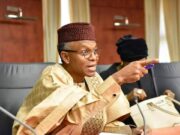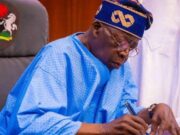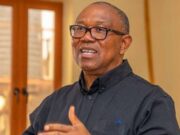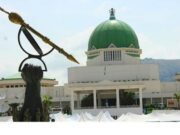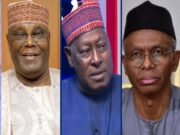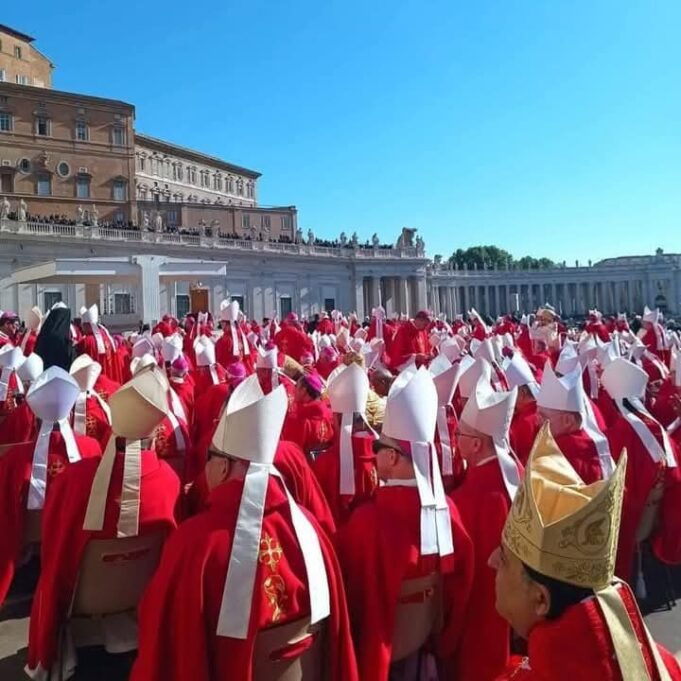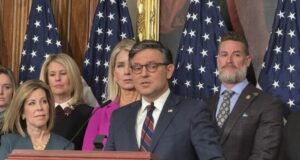Catholic cardinals agreed on Monday to begin the conclave to elect a new pope on May 7, identifying clerical sexual abuse as one of the most urgent challenges awaiting Pope Francis’s successor.
The so-called “Princes of the Church” under the age of 80 will gather in the Sistine Chapel to select the next leader of the world’s 1.4 billion Catholics.
The date was confirmed during a meeting of cardinals of all ages early Monday, just two days after Pope Francis’s funeral.
Francis, aged 88, died on April 21, a day after a final public appearance during Easter celebrations at Saint Peter’s Square.
At the meeting, cardinals outlined the key issues facing the Church, citing “evangelisation, the relationship with other faiths (and) the issue of abuse,” according to a Vatican statement.
“There was talk of the qualities that the new pontiff must possess to respond effectively to these challenges,” it added.
Following Francis’s death, all 252 cardinals were called back to Rome, although only 135 are eligible to vote in the conclave.
Many of the electors, drawn from across the globe, do not know each other well.
To build familiarity, they held four “general congregations” last week.
Cardinal Gualtiero Bassetti, 83, former head of the Italian bishops’ conference, noted a positive spirit.
“There was a beautiful fraternal atmosphere,” he said.
“Of course, there may be some difficulties because the voters have never been so numerous and not everyone knows each other,” he told Italy’s Corriere della Sera newspaper.
Meanwhile, the Vatican closed the Sistine Chapel on Monday to prepare it for the secret ballot, which will unfold under Michelangelo’s famous frescoes.
As speculation swirls over who might emerge as the next pope, Spanish Cardinal Jose Cobo noted the unpredictability of this conclave.
“I believe that if Francis has been the pope of surprises, this conclave will be too, as it is not at all predictable,” he said in an interview with El Pais published on Sunday.
Francis was buried on Saturday during a funeral ceremony that drew a crowd of about 400,000 people, including world leaders, royalty, and ordinary faithful.
On Sunday, an estimated 70,000 mourners visited his marble tomb in the Santa Maria Maggiore Basilica in Rome, in tribute to the “pope of the poor,” who chose a resting place outside the Vatican walls.
Italian Cardinal Pietro Parolin, who served as Francis’s Secretary of State, is seen by many as a leading contender to succeed him.
British bookmakers William Hill place him slightly ahead of Filipino Cardinal Luis Antonio Tagle and Ghana’s Cardinal Peter Turkson.
Other names in the mix include Bologna’s Archbishop Matteo Zuppi, Guinea’s Cardinal Robert Sarah, and Pierbattista Pizzaballa, the Latin Patriarch of Jerusalem.
The cardinals have flagged the Catholic Church’s ongoing sexual abuse crisis as a pressing issue for the next pontiff to confront.
Francis implemented a series of reforms to address clerical abuse, but many victims’ groups believe he fell short, and scandals continue to emerge globally.
The challenge remains acute, particularly in African and Asian nations where discussions of abuse are often taboo.
Even in Europe, countries like Italy have yet to launch full independent investigations into allegations.
While Francis’s vision of a more compassionate Church won him admiration, his reforms — especially around issues of governance and outreach — angered conservatives, notably in the United States and Africa.
Roberto Regoli, professor of Church history and culture at the Pontifical Gregorian University in Rome, told AFP that unity would be a key consideration in the cardinals’ decision.
“We are in a period in which Catholicism is experiencing various polarisations, so I don’t imagine it will be a very, very quick conclave,” he said.
Still, Bassetti predicted the election “will not be long.”
Though about 80 percent of the cardinal-electors were appointed by Francis, their loyalties are not guaranteed to align with his vision.
Many are young and participating in their first conclave.
The voting will be highly secretive, governed by ancient traditions and strict rules. Four votes will be held each day — two in the morning and two in the afternoon — until one candidate secures a two-thirds majority.
Less than half of the voting cardinals are European.
Cardinal Dieudonne Nzapalainga from the Central African Republic emphasized the need for a truly global pope.
“The future pope must have a universal heart (and) love all the continents. We must not look at colour, at origin, but at what is proposed,” he told Italy’s Il Messaggero.
“We need a courageous leader, a bold one, capable of speaking forcefully, of holding the helm of the Church steady even in storms… offering stability in an era of great uncertainty.”
For many faithful, the hope is for continuity in compassion and reform.
Patrizia Spotti, a 68-year-old Italian pilgrim visiting Rome for the 2025 Jubilee, told AFP that she hoped for “a pope like Francis.”
“It was a difficult time for Catholicism,” she said.
“Churches are empty and the Church itself has made mistakes — all the scandals with the children,” she added, referring to the widespread revelations of clerical abuse.


